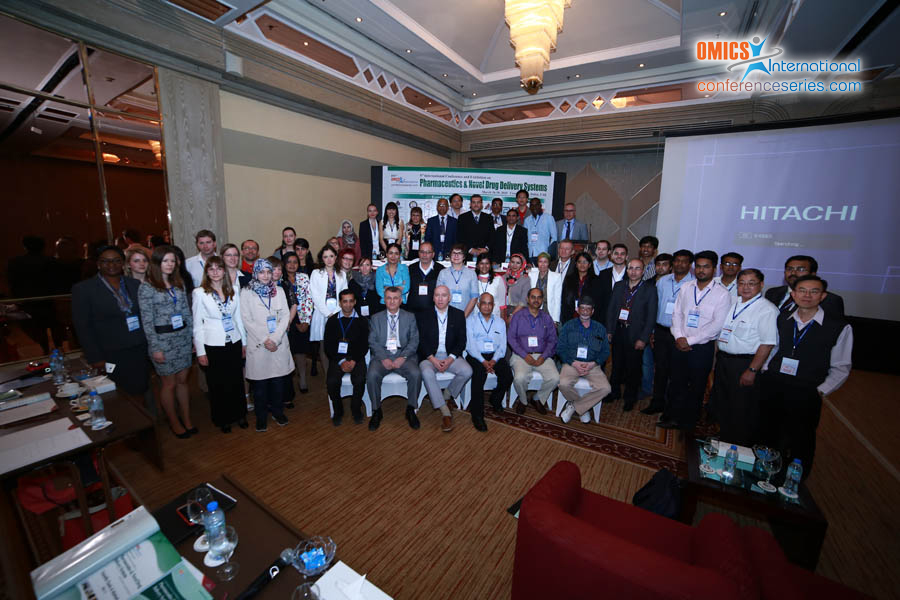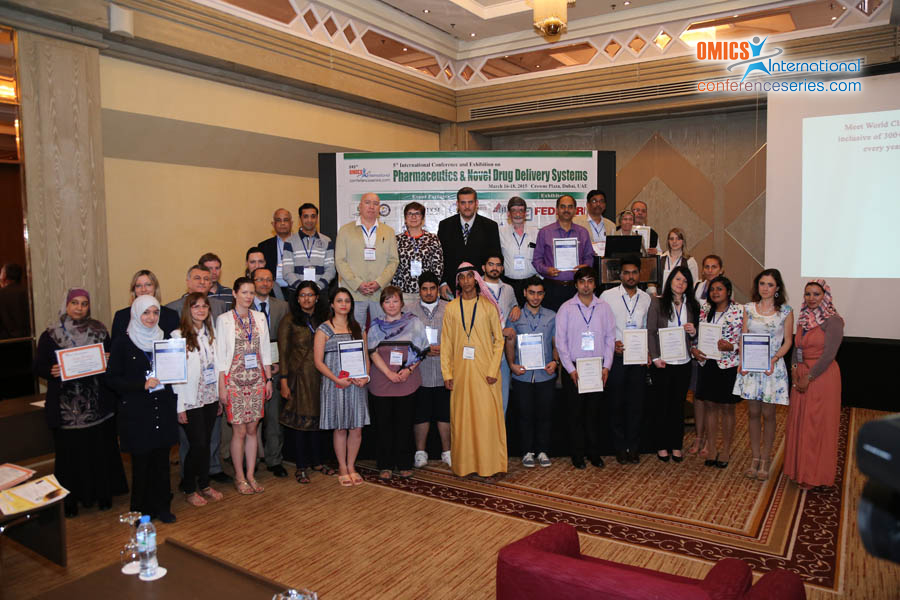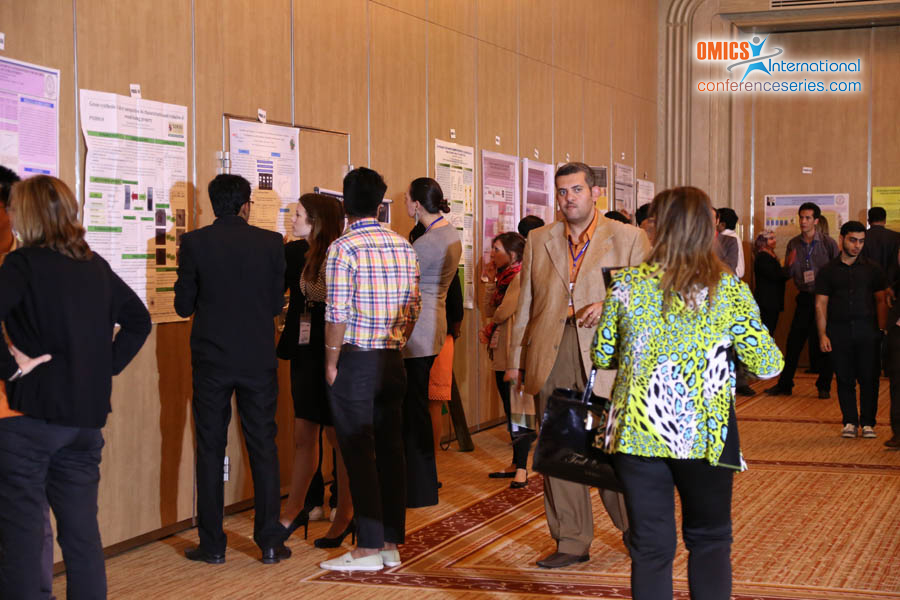
Meenakshi Pathak
The University of Queensland, Australia
Title: Controlled, delivery of Metronidazole and Doxycycline from polycaprolactone matrices designed for the intravaginal treatment of pelvic inflammatory disease
Biography
Biography: Meenakshi Pathak
Abstract
Purpose: To study the in vitro release behaviour of combination of metronidazole (MTZ) and doxycycline (DOX), from polycaprolactone (PCL) matrices, intended for production of vaginal rings for the treatment of pelvic infl ammatory disease (PID). Methods: Combination and individual Metronidazole and doxycycline was incorporated in PCL matrices at varying loading doses prepared by rapidly cooling suspensions of the drug powder in acetone solutions of PCL. Daily and cumulative release amounts of the drugs were determined in SVF by HPLC assay. Th e in vitro antibacterial activity of metronidazole on Gardnerella vaginalis and Doxycycline on Neisseria gonorrhoea was tested using disc diff usion method. Cell toxicity and irritation of the released material will be tested on vaginal cell line. Results: Aft er 14 days immersion in SVF, the PCL matrices released from 20 to 60% of DOX and 15-40% of MTZ and when they were studied in combination 15-60% DOX and 30-60%MTZ has been released over 7 days period. Aft er 7 days the amount of metronidazole released is less than the minimum inhibitory concentration so these matrices are useful only for 7 day period. 80-90% of activity has been retained for both released MTZ and DOX compared to the standard drug. Conclusion: Th ese fi ndings indicate that the PCL could be a potential polymer for the intravaginal delivery of combination of antibacterial for the treatment of PID.



